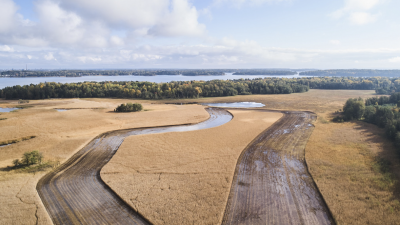The Baltic Sea is facing severe nutrient pollution. What if we could turn overgrown reed into a solution?
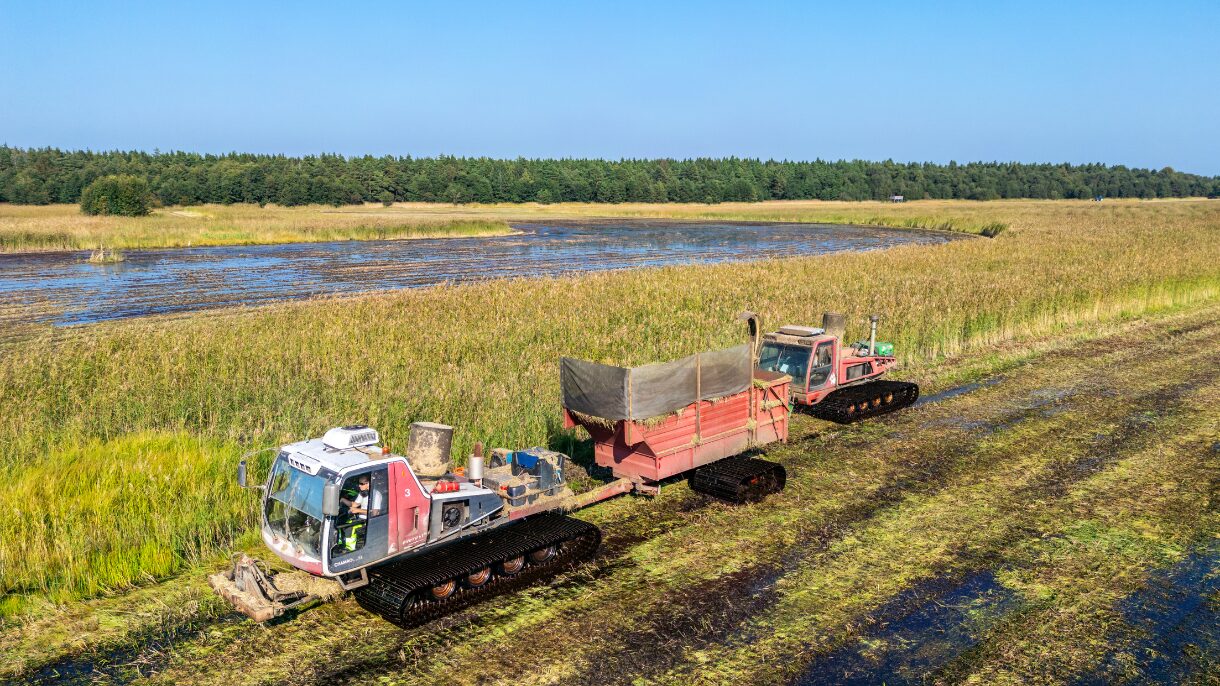
More information
Did you know that harvesting reed from the Baltic Sea benefits in two ways? Firstly, harvesting reed effectively removes nutrients from coastal waters. Secondly, the removed reed can be used as low-carbon raw material in various ways.
Accenture and the John Nurminen Foundation have partnered on a project aimed at scaling up reed harvesting in the Baltic Sea Region. During the project Accenture conducted in-depth stakeholder interviews, analysed current challenges in the reed value chain, and benchmarked existing solutions. This led to the development of an operational roadmap to scale reed harvesting.
Reed harvesting – benefits and challenges
Reed harvesting not only mitigates eutrophication through nutrient removal – but also binds carbon and therefore reduces greenhouse gas emissions. Continuous reed harvesting also preserves local biodiversity by creating living and nesting spaces for local species. Scaling up reed harvesting can also support local entrepreneurship by offering new business opportunities in the area.
According to the study there are some challenges in scaling up reed harvesting. The challenges vary from complex permit and tendering processes, unefficient harvesting equipments and higher cost of reed in relation to other alternative biomaterials. The project recommended several strategies such as financial incentives to support harvesters and innovation grants for developing advanced equipment. For example, a proposed bonus framework would reward harvesters based on acreage, reed volume, or nutrient removal metrics. Both ecological and economic outcomes would be measured and rewarded.
Reed as raw material – versatile and renewable
Reed is an incredibly versatile raw material that can be used in many products from substrates to building materials, but its full potential has yet to be realized. The Accenture project team looked closer at the potential to use reed as component in soil.
The project developed a model to estimate the cost structure of reed-based soil, identifying key drivers such as harvesting, collection, logistics, and composting-related shrinkage. Crop yield, specifically the quantity of reed harvested per hectare, was found to be a critical variable affecting both price and material availability.
The project suggests reducing costs by enhancing process efficiency in cutting, collection, and transportation while securing additional funding to support commercialization. This could enable reed to become a viable raw material option within the gardening sector, potentially replacing peat and contributing to reduced carbon emissions.
How to improve reed-based businesses?
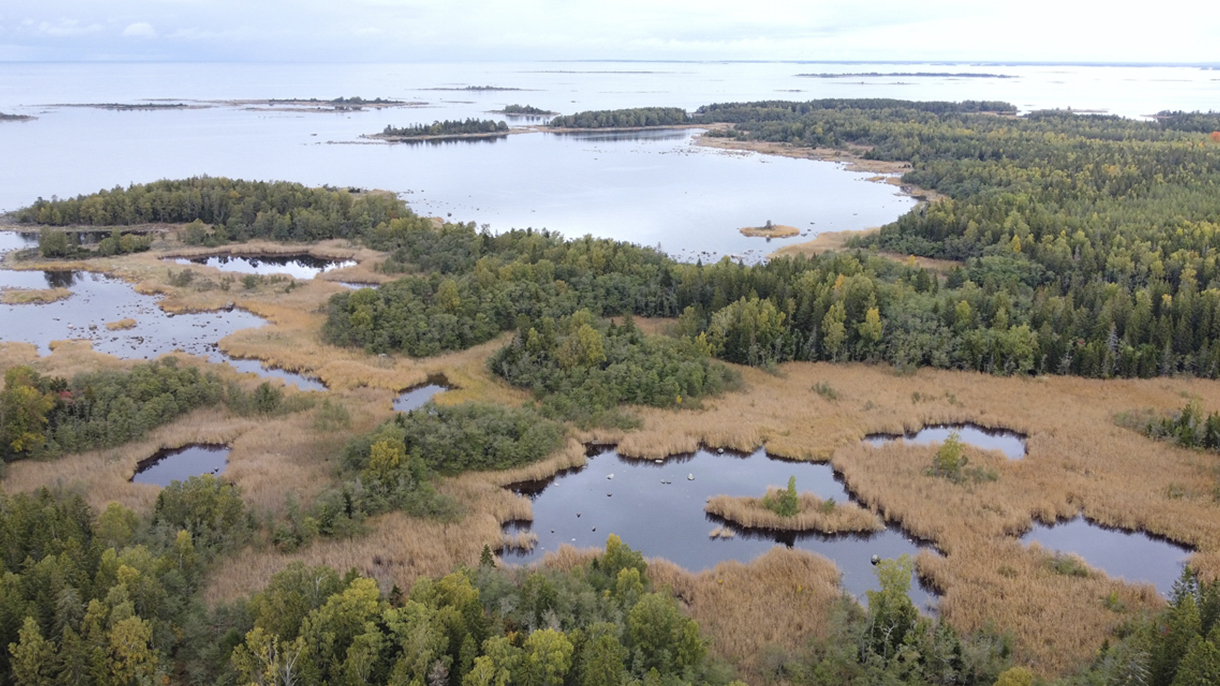
To create a successful reed industry, different organizations such as public agencies, harvesting companies, logistics providers and manufacturers need to collaborate to use resources more efficiently, share costs, and maximize environmental benefits. Non-profit organizations have a central role in offering coordination, advocacy, and technical support to drive the reed value chain forward.
With a clear roadmap and strategies, the Baltic region is ready to establish reed as a resource that supports both ecological health and economic growth. This approach, rooted in science and sustainability, presents a compelling opportunity to transform reed into a competitive, renewable material that offers wide-ranging benefits for the environment and regional economies.
Accenture is a leading global professional services company that helps the world’s leading businesses, governments and other organizations build their digital core, optimize their operations, accelerate revenue growth, and enhance citizen services—creating tangible value at speed and scale. We are a talent and innovation led company serving clients in more than 120 countries.
Read more:
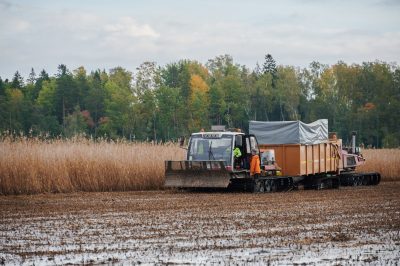
By utilising reeds on land, we recycle the nutrients that growing reeds remove from eutrophicated coastal waters.
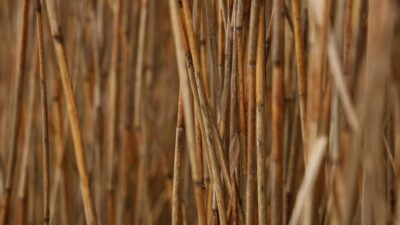
We remove nutrients from eutrophicated coastal waters by mowing reed beds and promoting the utilisation of reed biomass.
